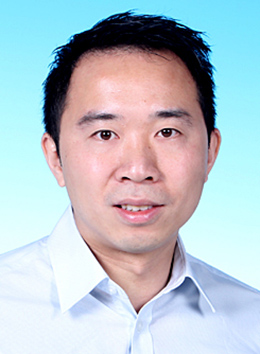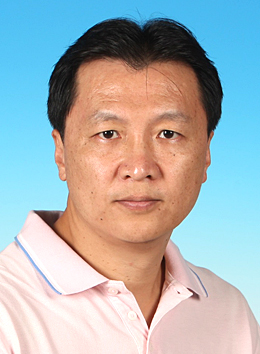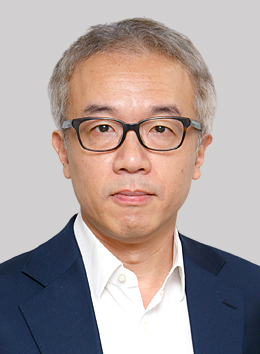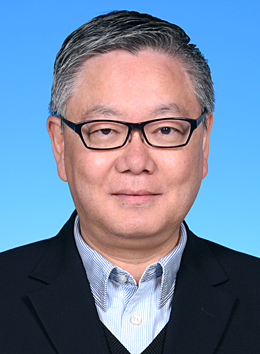
The Biotechnology Research Institute (BRI) is an interdisciplinary platform that drives the development of innovative, high value-added biotechnology products through evidence-based research. Founded in 1990, BRI is the first institute in Hong Kong that possesses an integrated drug discovery capability and utilizes traditional Chinese medicine (TCM) in novel drug screening strategies. BRI cultivates close ties with other academic institutions as well as the biopharmaceutical industry in joint endeavors to make real societal impact.
Key Research Areas
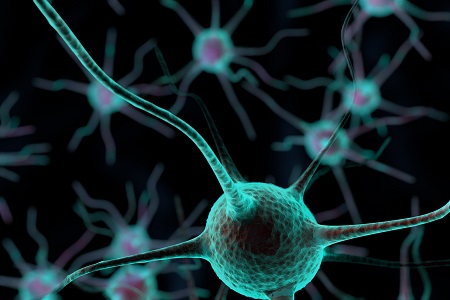
BRI’s research programs in neuroscience relate to the unraveling of the complex processes involved in the pathology of neurodegenerative diseases. By understanding the mechanisms involved in the progression of these diseases, BRI aims to identify novel molecular targets associated with defective and impaired neurotransmission, and to develop therapeutic agents for the treatment of neurological diseases.

TCM has been successfully used in Chinese culture for thousands of years in the treatment of diseases. Through multidisciplinary efforts on TCM research, BRI utilizes modern technology to provide scientific verification of the efficacy and safety of TCM. The Institute aims to identify biologically active compounds that can be further developed into new promising therapeutic agents.
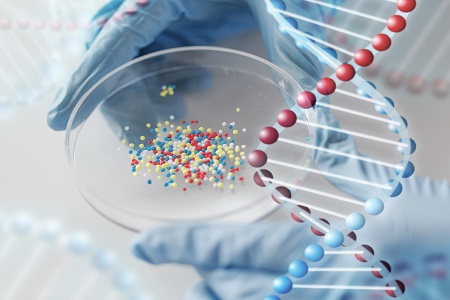
BRI scientists use multiple approaches, including genetic engineering, nuclear magnetic resonance (NMR) and computer-aided drug design, to elucidate the structure and function of biological macromolecules, as well as the structural basis of their interactions with lead compounds. Such information is instrumental to target selection and lead identification and can be further utilized in the design of potential lead compound.
Key Research Projects
| PROJECT | PI |
|---|---|
| Cellular Mechanisms of Synaptic Functions and Plasticity in Health and Neurodegenerative Diseases | Prof Nancy Ip |
| Optimizing the Combinatorial Use of the Active Chemical Components in a TCM Formula Using a Novel Computational Approach for Neuroprotection and Stroke Treatment | Dr Fanny C F Ip |
| Re-engineering Traditional Chinese Herbal Formulas for the Treatment of Alzheimer's Disease | Prof Yung Hou Wong |
| Stem Cell Strategy for Nervous System Disorders | Prof Nancy Ip |
| Development of Novel Subtype-specific Agonists for Melatonin Receptors | Prof Yung Hou Wong |
| Modernization of Chinese Medicine: from Clinical Efficacy to Drug Production - Two Innovative Formulae for Comprehensive Research | Prof Nancy Ip |
| Development of Next-generation Anti-inflammatory and Anti-tussive Herbal Products | Prof Yung Hou Wong |
Education
BRI is dedicated to educating and training the next generation of biotechnologists. The Institute has an active role in the University’s biotechnology-related academic programs: the BSc in Biotechnology and Business (BIBU) and the MSc in Biotechnology (BTEC). For BIBU, BRI supports this initiative through the provision of research and internship opportunities to students in the program. For the MSc Program, BRI is responsible for a laboratory course (BTEC 5360), which provides hands-on experience of the laboratory techniques required in the drug discovery and development process of the biotechnology industry. Besides, BRI also collaborates with biotech companies to offer project and internship opportunities to the MSc students. Regular career talks for students at HKUST as well as outreach to secondary schools for recruitment are also organized by BRI to support young talent. In addition to the activities at HKUST, BRI also provides support to local secondary schools to foster secondary school students’ interests in biotechnology.
Executive Committee
Director
Associate Director
Associate Director
Working Group Member
Working Group Member
Working Group Member
